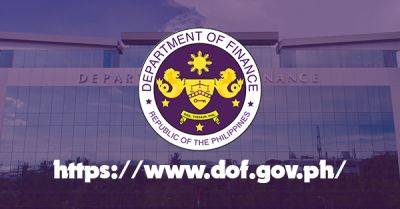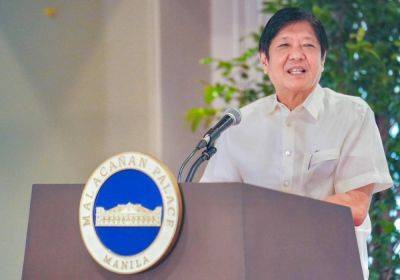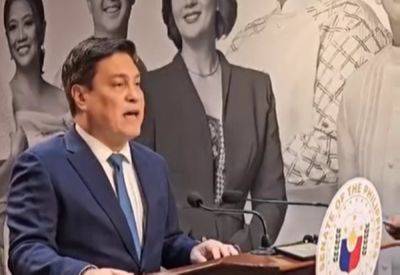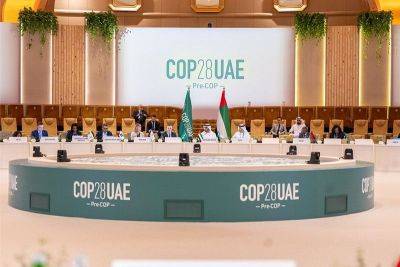Climate funding falls amid ferocious weather impacts – UN
PARIS: International funding for climate resilience in developing countries slumped in 2021 despite increasingly ferocious impacts, the United Nations said Thursday, as Secretary-General Antonio Guterres warned action was «stalling» even as the need to protect people increases.
Many developing economies least to blame for the greenhouse gases that stoke global warming are among the most exposed to the costly and destructive effects of worsening weather extremes and rising seas.
But in its latest annual assessment of climate preparedness funding, the UN Environment Program (UNEP) found that public finance to developing countries fell 15 percent to around $21 billion in 2021 — the most recent year for which figures are available.
Meanwhile, the overall annual funding that developing countries need to adapt to climate impacts this decade is projected to have increased to as much as $387 billion, UNEP said.
«Storms, fires, floods, drought and extreme temperatures are becoming more frequent and more ferocious, and they're on course to get far worse,» Guterres said in a statement, adding that the need to protect people and nature was «more pressing than ever.»
«Yet, as needs rise, action is stalling,» he said.
World leaders meeting at this year's climate talks in the United Arab Emirates will face a tough reckoning over financial solidarity between rich polluters and vulnerable nations as a failure to cut planet-heating emissions threatens the Paris deal's global warming limits.
«The world must urgently cut greenhouse gas emissions and increase adaptation efforts to protect vulnerable populations,» said Inger Andersen, executive director of UNEP, in the foreword to the Adaptation Gap report.
«Neither is happening.»
Damage control
As the world warms, climate change impacts increase, and so too do the costs of preparing for them.
Richer countries promised in 2009 to provide $100 billion a year to finance both adaptation and emissions cuts in developing countries by 2020.
But it only reached $83 billion that year, according to the most recent figures available from the Organization for Economic Co-operation and Development.
Failure to meet the target on time has damaged trust in







